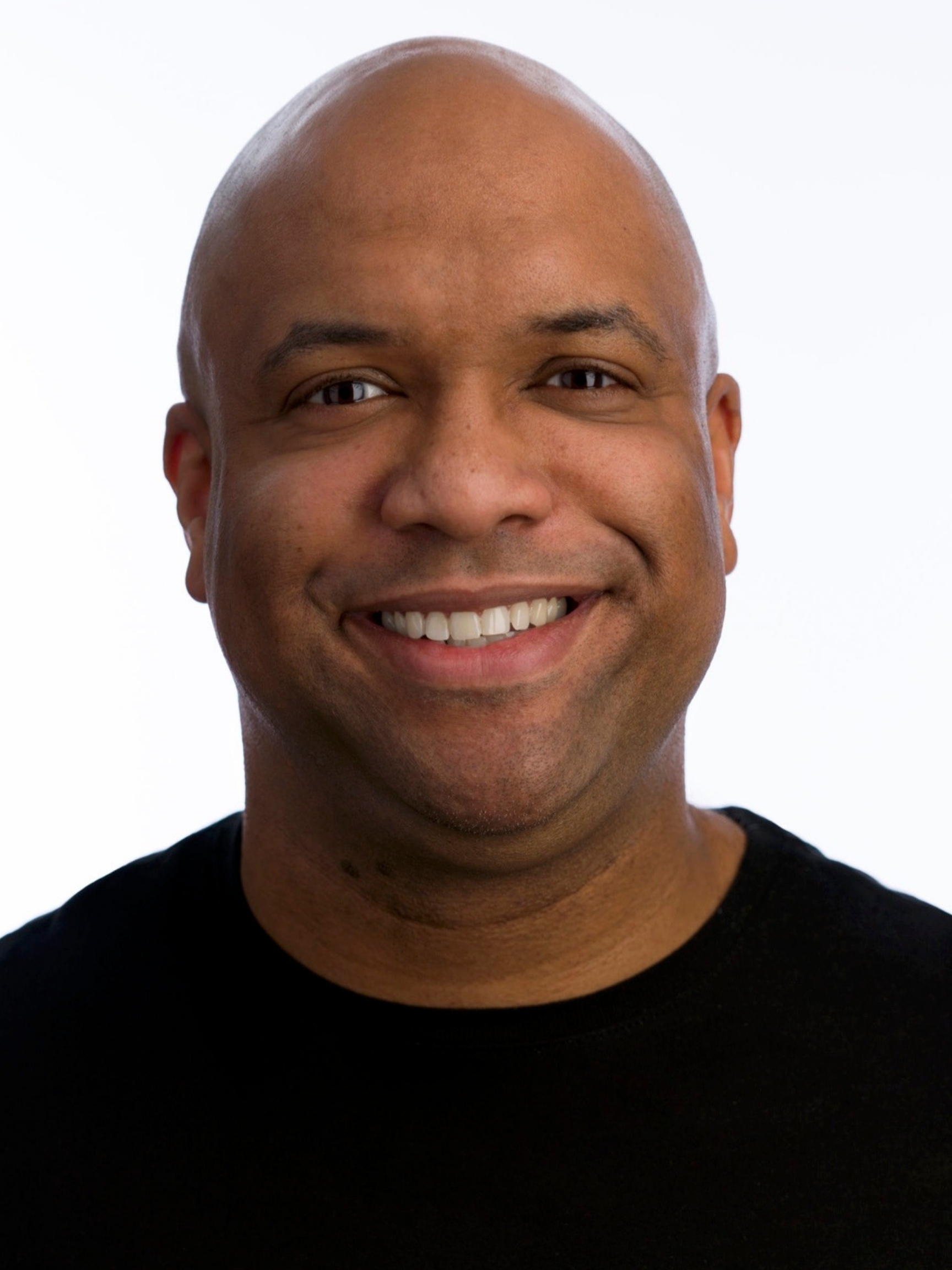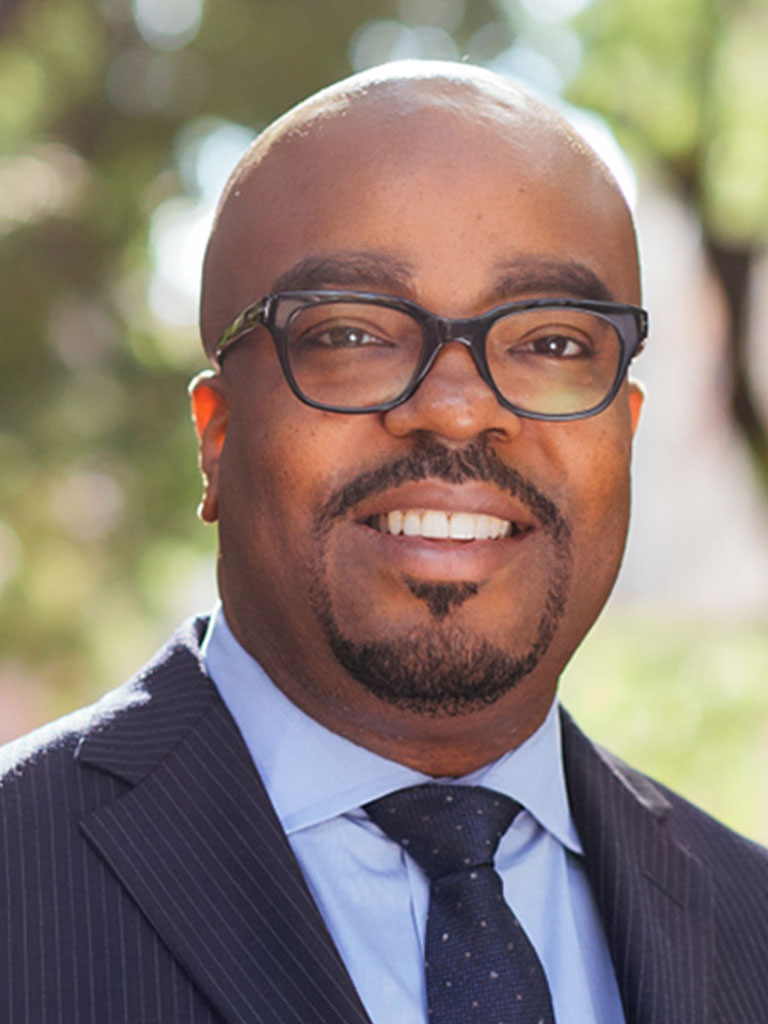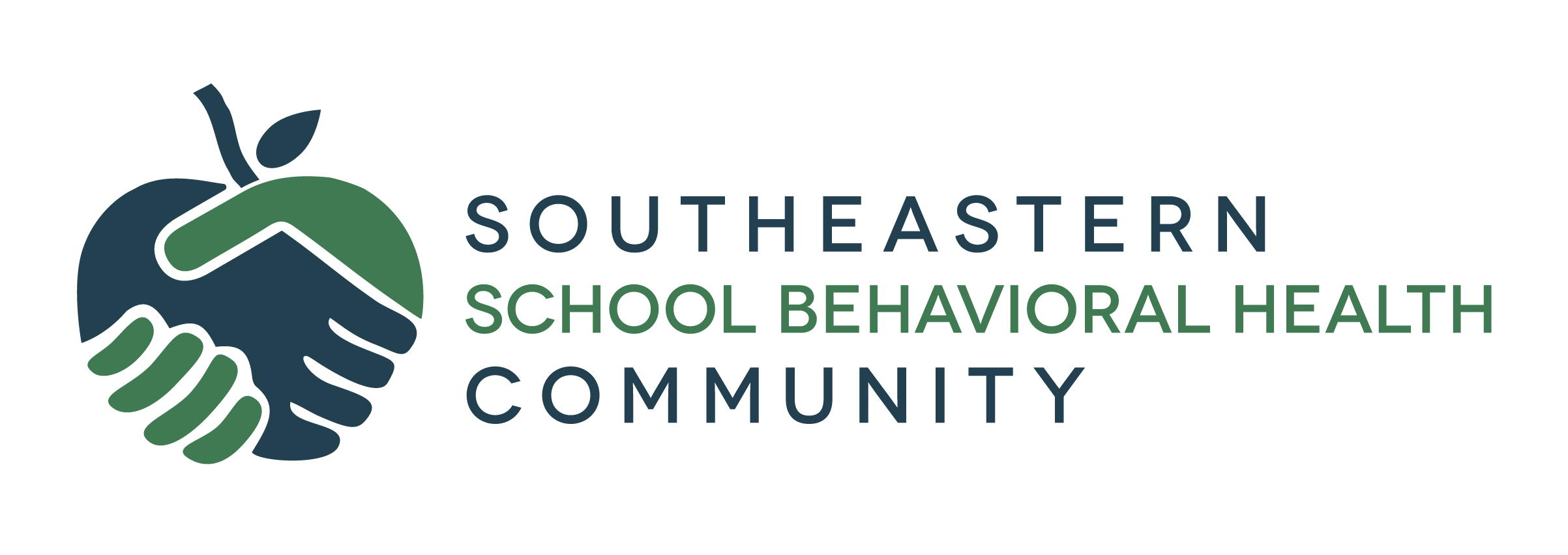2021 KEYNOTE SPEAKERS
Keynote Speakers

Lucille Eber, Senior Advisor
Midwest PBIS Technical Assistance Director, National PBIS Center
KEYNOTE SUMMARY
Mental Health in Schools: All Hands on Deck!
Summary:Leaders in the fields of School Mental Health and School-wide Positive Behavioral Interventions and Supports (PBIS) have been coalescing around the goal of strengthening their collaborative efforts in order to improve overall outcomes for students. Early efforts were documented in a widely disseminated monograph (Barrett, et. al., 2013), which laid the groundwork for state and local leaders to install an Interconnected Systems Framework (ISF). ISF is a structure and process to establish a single system of delivery across education and mental health, with active family and youth involvement. Specifically, this involves deliberately moving from co-located systems to a single system of delivery where school and community clinicians are integrated into the multi-tiered teams in schools. Since the early 2000s, knowledge development sites across the country have tested tools; participated in training and technical assistance; and shared their experiences via webinars, conference presentations, and publications. Those experiences, in addition to an increasing demand from the field for specific guidance on how to implement an ISF, has led to a second volume of the monograph; Advancing Education Effectiveness: Interconnecting School Mental Health and School-wide Positive Behavior Supports, An Implementation Guide.
VIEW BIO
Dr. Eber is a former board member of both the Illinois Federation of Families (IFF), the National Federation of Families for Children’s Mental Health (FFCCMH), and the Association for Positive Behavior Supports (APBS). She regularly publishes articles and chapters on school-wide positive behavior supports, and interconnected systems for mental health in schools.

Elizabeth Mellin, PhD
Community and Public Affairs Ph.D. Program Binghamton University- SUNY Binghamton
KEYNOTE SUMMARY
Relationship-centered schools: Three ideas for addressing the longer-term impacts of the COVID-19 pandemic on a generation of students.
Summary: Collaboration among schools, families, and communities supports learning and contributes to positive youth development. What is less clear is how schools are making connections with families and communities? What strategies are particularly promising? For who? And under want conditions? This presentation scans the globe for the brightest ideas for building relationships among schools, families, and communities, and also includes suggestions for rapidly scaling up and evaluating these practices in other areas.
VIEW BIO
Her scholarly interests broadly focus on mental health in schools. Mellin’s research considers the social and emotional wellbeing of adolescents who identify as female and/or queer. Her scholarship also explores the role of relationships among schools, families, and communities in expanding access to mental health services. Mellin’s research, which includes quantitative, qualitative, and mixed method studies, has been published in top tier journals such as the Journal of Counseling & Development, Children & Schools, and School Mental Health. She is also the principal investigator of a $2.5 million grant from the United States Department of Education focused on building partnerships that expand access to mental health and other resources for youth and families in high need communities. Mellin is a Licensed Professional Counselor.

Mike Veny
Author of the book Transforming Stigma: How to Become a Mental Wellness Superhero
KEYNOTE SUMMARY
Transforming Stigma® in the Classroom
Summary: This educational, energetic, entertaining keynote has been a source of MOTIVATION and SUICIDE PREVENTION for teachers throughout the USA. It’s an abundance of simple and practical steps (with colorful examples) that teachers can take to transform self-destructive behavior – IMMEDIATELY. This presentation offers HOPE and TOOLS for teachers that work with students who are struggling with mental health challenges, behavioral health challenges, and self-destructive behavior.
VIEW BIO
He is a highly sought-after keynote speaker, corporate drumming event facilitator, author, and luggage enthusiast. Seriously, you’d completely get it if you did all the traveling he did!
Mike is the author of the book Transforming Stigma: How to Become a Mental Wellness Superhero & The Transforming Stigma Workbook. As a 2017 PM360 ELITE Award Winner, he is recognized as one of the 100 most influential people in the healthcare industry for his work as a patient advocate.
By the fifth grade, Mike was put in a special education class. Aside from getting more individualized attention from the teacher, he learned that pencil erasers make great sounds when tapped on a desk. He had no idea that drumming would become his career or his path to recovery.
As an adult, Mike spent many years facilitating drum workshops for children with special needs, teaching them to channel their energy by banging a drum and at the same time learning how to listen, focus, work together and succeed through teamwork. The project was such a hit that he continued to expand his drumming program, first to adults in recovery and eventually into the corporate setting.
Diversity and Inclusion have been an important part of Mike’s life since childhood. He attended schools where students came from all different kinds of backgrounds—ethnic, religious, and economical. This inspired him to build his company team from a diverse group of people. Embracing Diversity & Inclusion sets a team up to deliver better results, which is a message that he loves to share.

Executive Director, McSilver Institute for Poverty Policy and Research at New York University
KEYNOTE SUMMARY
Are We Missing Signs of Suicidality in Black Youth?
Summary: Black youth suicide and suicidal behavior rates are rising, defying historic trends of lower suicidality in this population. Placed in the context of an overall rise in U.S. suicide rates, we see the gap narrowing between black and white youth for completed suicides. Yet the warning signs of suicide in black children and adolescents are often overlooked, misinterpreted, or not well understood. Furthermore, stigma, disproportionate poverty and structural inequities can all create barriers to access. Learn what we know about suicide in this population and what is needed to reverse the trend.
VIEW BIO
At the NYU McSilver Institute, Dr. Lindsey leads a team of researchers, clinicians, social workers and other professionals who are committed to creating new knowledge about the root causes of poverty, developing evidence-based interventions to address its consequences, and rapidly translating their findings into action through policy and best practices. Among their latest work is a three-year research grant from the National Institute of Mental Health to study the effectiveness of a novel treatment intervention for keeping Black adolescents engaged in depression treatment.
Previously, Dr. Lindsey was an Associate Professor at the University of Maryland School of Social Work and a Faculty Affiliate at the University of Maryland Department of Psychiatry’s Center for School Mental Health.
Dr. Lindsey leads the working group of experts supporting the Congressional Black Caucus Emergency Taskforce on Black Youth Suicide and Mental Health, which created the report Ring the Alarm: The Crisis of Black Youth Suicide in America. Also, he is a member of an expert advisory board for The Jed Foundation and a Distinguished Fellow of the National Academies of Practice (NAP) in Social Work. As well, he is on the editorial boards of the journals Administration and Policy in Mental Health and Mental Health Services Research and School Mental Health.
Dr. Lindsey holds a PhD in social work and MPH from the University of Pittsburgh, an MSW from Howard University, and a BA in sociology from Morehouse College.

SAVE THE DATE FOR 2026!
Southeastern School Behavioral Health Conference
April 16 – April 17, 2026
Hyatt Regency in Greenville, SC
Join Our Mailing List
Stay Connected with all that is happening in the Southeastern School Behavioral Health Community!
Contact Us
803-777-9444
